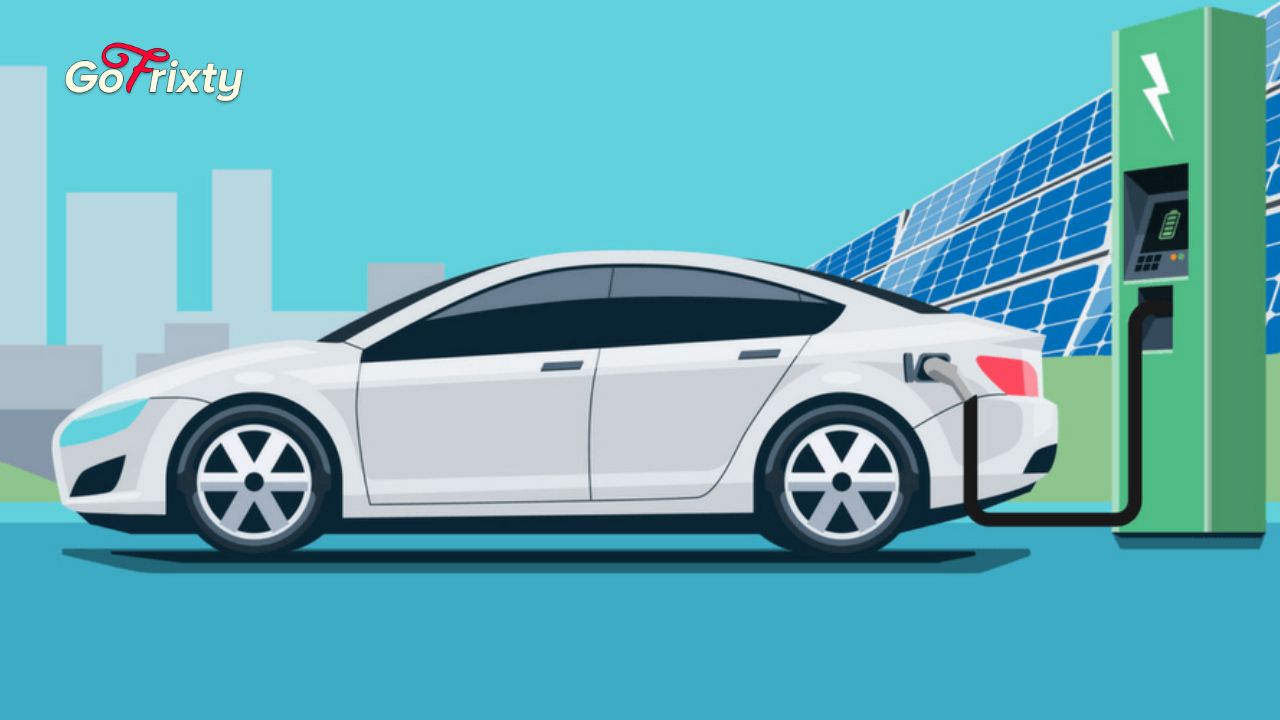Electric vehicles (EVs) are becoming increasingly popular as consumers begin to realize the many benefits they offer over traditional gasoline-powered cars. These benefits include lower fuel costs, reduced emissions, and improved overall performance. However, despite the growing popularity of EVs, there are still many consumers who remain hesitant to make the switch. Understanding consumer behavior towards EVs is crucial for manufacturers and policymakers who aim to increase the adoption of these vehicles.
One of the main reasons for consumer hesitance toward EVs is a lack of knowledge about the technology. Many consumers may not fully understand how EVs work or may be under the impression that they are less reliable or more expensive than gasoline cars. To combat this, manufacturers and policymakers can provide consumers with more information about the benefits of EVs and the technology behind them. This could include offering test drives, providing educational materials, and hosting informational events.
Another major factor that affects consumer behavior towards EVs is the availability of charging infrastructure. Many consumers may be hesitant to switch to an EV because they are concerned about the availability of charging stations and the time it takes to charge an EV. To address these concerns, manufacturers, and policymakers can invest in building more charging stations and creating incentives for businesses and homeowners to install charging stations. This will make it easier for consumers to charge their EVs and will help to ease their concerns about range anxiety.
Also read: The Cheapest Electric Car in Pakistan
The price of EVs is also a significant barrier to adoption. Although the cost of EVs has come down in recent years, they are still generally more expensive than gasoline cars. However, consumers can save money in the long run by choosing an EV, as they are cheaper to operate and require less maintenance than gasoline cars. To make EVs more affordable, manufacturers and policymakers can offer financial incentives, such as tax breaks, to consumers who purchase an EV.




